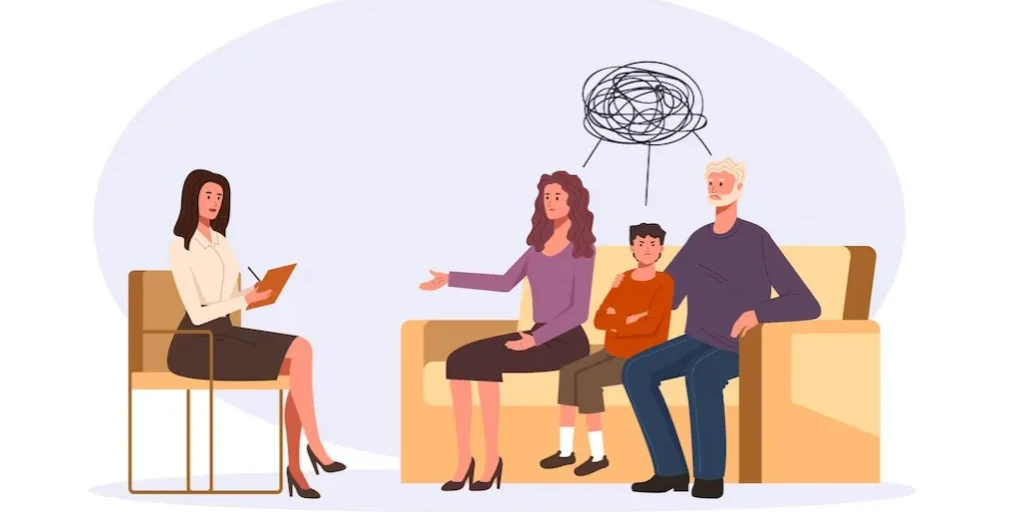24/7 Helpline:
(866) 899-221924/7 Helpline:
(866) 899-2219
Learn more about Klonopin Rehab centers in Lapeer

Other Insurance Options

Carleon

Health Partners

Medical Mutual of Ohio

Ceridian

Multiplan

PHCS Network

Highmark

MVP Healthcare

Access to Recovery (ATR) Voucher

Holman Group

WellPoint

UnitedHealth Group

Premera

Horizon Healthcare Service

Ambetter

Absolute Total Care

Lucent

MHNNet Behavioral Health

Self-pay options

Excellus

Lapeer County – Touchstone
Lapeer County Community Mental Health and CMHSP is a public rehab located in Lapeer, MI. Lapeer Coun...

Alcohol Information and Counseling Center
Alcohol Information and Counseling Center is a public organization located in Lapeer, Michigan. Alco...

List Psychological Services
List Psychological Services is a private group practice specializing in behavioral health care; incl...







Concepts in Counseling
Concepts in Counseling is a private rehab located in Lapeer, Michigan. Concepts in Counseling specia...

Alcoholics For Christ – Faith Christian Church
Alcoholics For Christ - Faith Christian Church is located in Lapeer, Michigan. Alcoholics For Christ...



